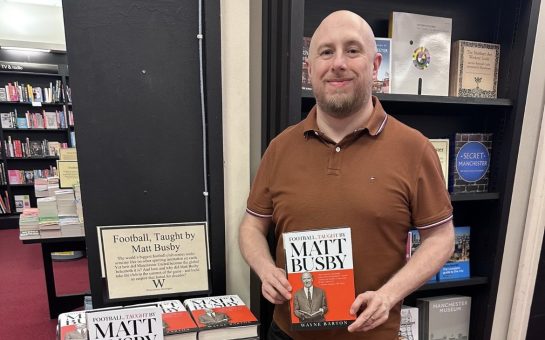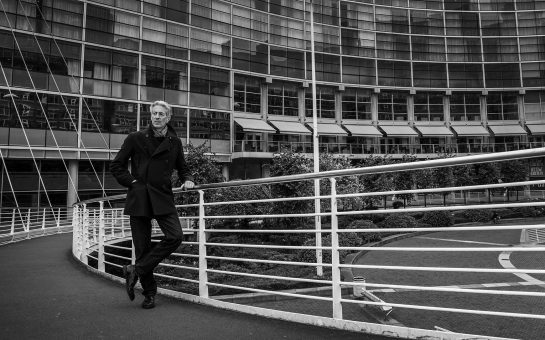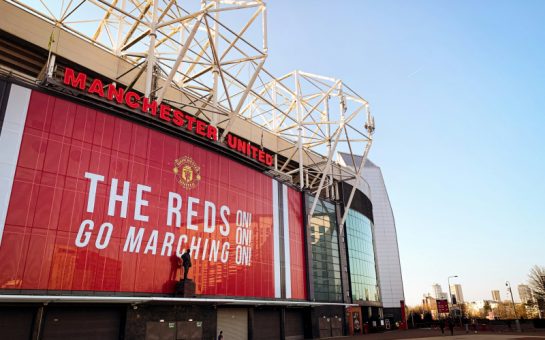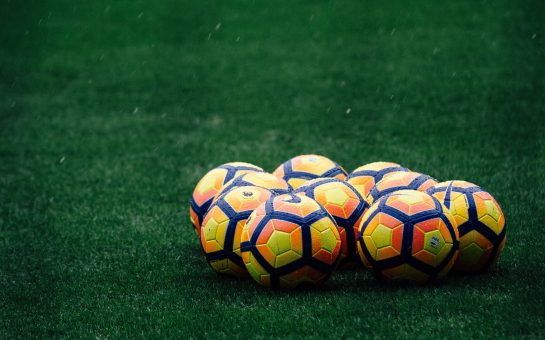Sir Alex Ferguson, Tony Wilson, the Pankhursts, the Gallaghers, and Morrissey were just a handful of the suggestions put forward at the ‘Manchester Heroes: Should the City Remember Its Heroes?’
The Manchester Histories Festival event was held in the National Football Museum yesterday evening, where a panel discussed some of the most influential figures to impact the city.
The panel discussion, chaired by University of Manchester historian Max Jones, was an engaging – and occasionally feisty – one, with a variety of strong views being put across.
John Amaechi, former basketball star and now both consultant and coach, and Tom Bloxham, property developer and Chancellor of the University of Manchester, sought to define what qualities are required to be a hero, and not necessarily the Marvel Universe kind.
Amaechi argued that heroes should be defined by their ‘active interventionism’ – we should not define heroes as people who are skilled at a sport or music and happen to be likeable.
“It’s about more than just the job description,” he said. “We must demand that those who allow themselves to be called heroes do more.”
He cited the example of Michael Jordan, ‘the greatest basketball player ever, but no hero’, as he had chosen profit over the potential to instigate political change.
Bloxham broadly agreed, saying that a true hero was someone with a vision, and the ability and industriousness to realise that vision, so that they left their part of the world a better place than they found it.
Writer and broadcaster Terry Christian then brought Manchester and its people to the heart of the discussion.
Manchester, he said, has an ‘honesty and moral looseness’ which gives it an edge missing from many cities, including London.
Taking inspiration from the way Barcelona stands up to Madrid, he said: “Manchester should look London in the eye and say ‘we’re as important as you’.”
That meant grabbing the chance to become an economic power once again, and also shouting about the city’s heroes, semi-heroes and even villains, to encourage more passionate debate.
His own passionate style did sometimes overrun into interrupting the other panellists’ points, to the particular annoyance of Amaechi, their mini-feud spilling out onto Twitter afterwards.
Just finished a panel debate, had to remind @terrychristian that debate is not the art of formulating your next thought while others speak.
— John Amaechi OBE (@JohnAmaechi) March 24, 2014
Ruth Daniel, musical entrepreneur and the sole woman on the panel after Councillor Rosa Battle was forced to pull out at the last minute, elaborated on what the city meant, saying: “When I think of Manchester I think of revolution.”
Mancunians have broken rules and challenged conventions, she said, and she hoped that the ordinary people who had achieved great things and affected change would inspire heroes of tomorrow.
Finally, Michael Wood, broadcaster and University of Manchester historian, posed the question of whether Manchester itself had a role in the achievements of its people, encouraging migrants and cultivating a culture which allowed writers, musicians, scientists and political activists to make a difference.
The discussion, and the Q&A which followed it, showed that it is difficult to agree on what a hero is, or should be, but certainly revealed a frustration with contemporary celebrity culture.
Manchester has had its heroes, both famous and relatively unknown, and events like this provide a platform for the celebration of them, even if our backgrounds and political viewpoints prevent us from ever agreeing on the worth of our predecessors and heroes of the future.
Image courtesy of will fresch, via WikCommons, with thanks.



